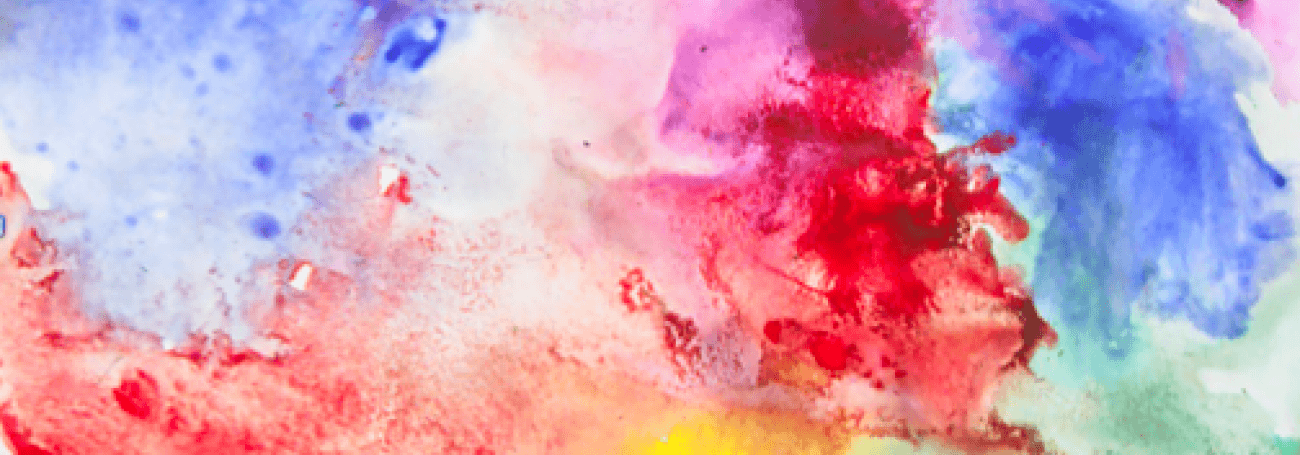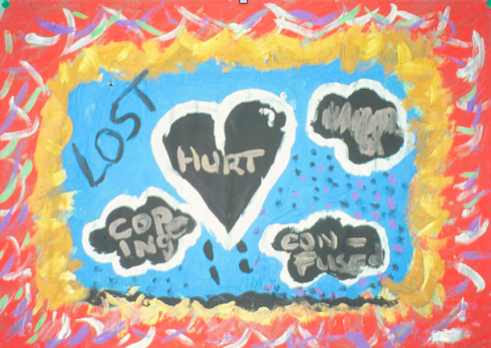Workshop: Using Comic Strips in Restorative Justice
Marian Liebmann
Many offenders and some victims are unable to verbalise their experiences for a variety of reasons – such as lack of experience with words, difficulty with an unfamiliar language, disability or trauma. It is well known that the use of simple art materials can provide a path for people to communicate through non-verbal means.
The aim of this workshop is to explore the use of comic strips for participants in restorative justice, as an aid to articulating what has happened, evoking the feelings involved, and the development of empathy. There is no need for participants to have any artistic skill.
The workshop will start with a look at some comic strips completed by offenders on probation (young people and adults), and noting how the process has aided discussion of their offending. The practical part of the workshop will involve participants in drawing a comic strip based on their experience of either (1) where they were a victim of crime or harm (2) where they were the person responsible for causing harm, or making a mistake that affected someone else. Participants will be encouraged to use stick figures and do quick sketches rather than detailed drawings.
Sharing in pairs or small groups will focus on drawing out benefits and difficulties in experiencing the process. The workshop will finish with a consideration of the uses of this method, and the situations in which it can best be used.
Practicalities to come prepared to the workshop
1. Materials - Take with you a 5/6 white papers (A4 format) and a black marker (not too thin, not too thick, to show your drawings to other participants via Zoom).
2. Preparation – Think about a story from your past you wish to share, an incident or conflict (not a too traumatic experience), something you regret to have done or an experience that harmed you. This will serve as the basis of your drawing. No specific drawing skills are needed for this workshop, relax!
3. Workshop – The link to Zoom is sent only to registered participants. Do not sit or stand between the source of light and the computer’s camera (e.g. do not sit in front of a window), otherwise your face will be in shadow and your drawings less visible.
Timetable (3 December at 10-12.30h)
10.00 Welcome & technical check
10.10 Introduction round
10.30 Warming up exercise
10.40 Presentation of an offender’s comic strips
11.10 Individual exercise: draw your story in a comic strip (home)
11.30 Break
11.40 Little groups exercise: tell your story (breakout rooms)
11.50 Show your drawing and group discussion
12.20 Final round
12.30 End of the workshop




